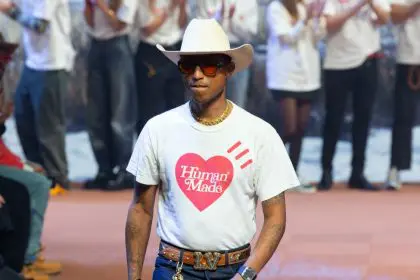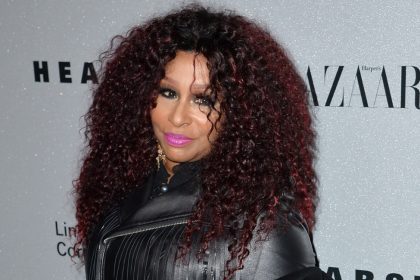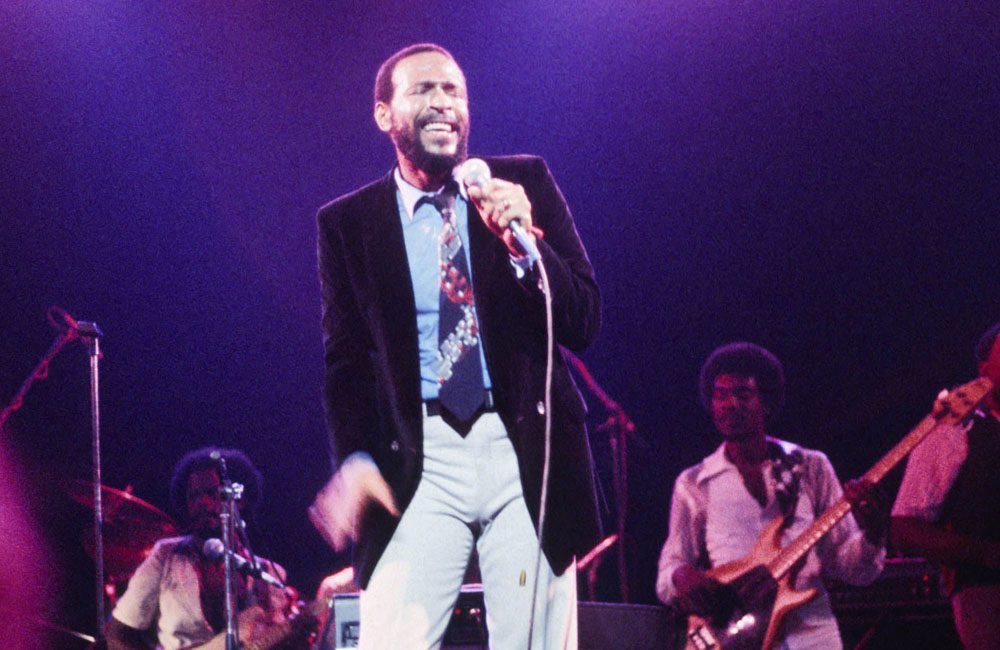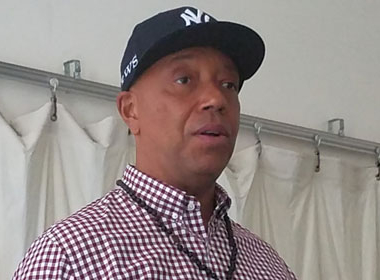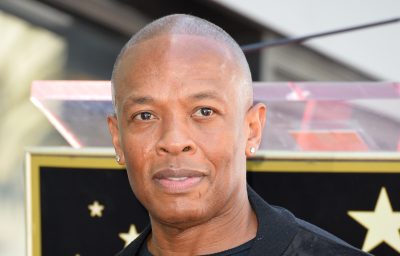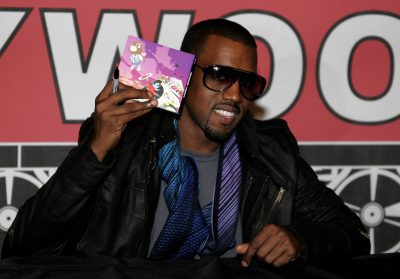The sworn testimony of Robin Thicke and Pharrell Williams has been published from their depositions last May. The artists are facing a lawsuit from the estate of Marvin Gaye who claim their 2013 hit “Blurred Lines” substantially infringed on Gaye’s classic song “Got To Give It Up.” In the deposition, Thicke claims that he actually didn’t write the song in any substantial way, that he received a co-authorship credit and claimed authorship of the song in interviews to help “sell records.” But he also claimed that during those interviews, he was typically under the influence of drugs and alcohol.
“To be honest, that’s the only part where — I was high on vicodin and alcohol when I showed up at the studio,” Thicke says. “So my recollection is when we made the song, I thought I wanted — I — I wanted to be more involved than I actually was by the time, nine months later, it became a huge hit and I wanted credit. So I started kind of convincing myself that I was a little more part of it than I was and I — because I didn’t want him — I wanted some credit for this big hit. But the reality is, is that Pharrell had the beat and he wrote almost every single part of the song.”
Pharrell Williams was also questioned during the deposition about the origins of the song.
“When I work with a person, I think about three things,” Williams says in his deposition. “I think about the energy that they’re coming with, but this wasn’t the case because (Thicke) wasn’t there yet. But usually, I think about the energy and what they come in with, like what’s on their mind, you know, argument with a girlfriend, email with the husband, politics, state of the world. People walk in with vibes. They walk in with feelings. This was not one of those days.”
Williams goes on to say that Thicke’s voice holds the song together, not his production — and he explained why.
“Because it’s the white man singing soulfully and we, unfortunately, in this country don’t get enough,” Williams said. “We don’t get to hear that as often, so we get excited by it when the mainstream gives that a shot. But there’s a lot of incredibly talented white folk with really soulful vocals, so when we’re able to give them a shot — and when I say ‘we,’ I mean like as in the public gives them a shot to be heard, then you hear the Justin Timberlakes and you hear the Christina Aguileras and you hear, you know, all of these masterful voices that have just been given, you know, an opportunity to be heard because they’re doing something different.”


